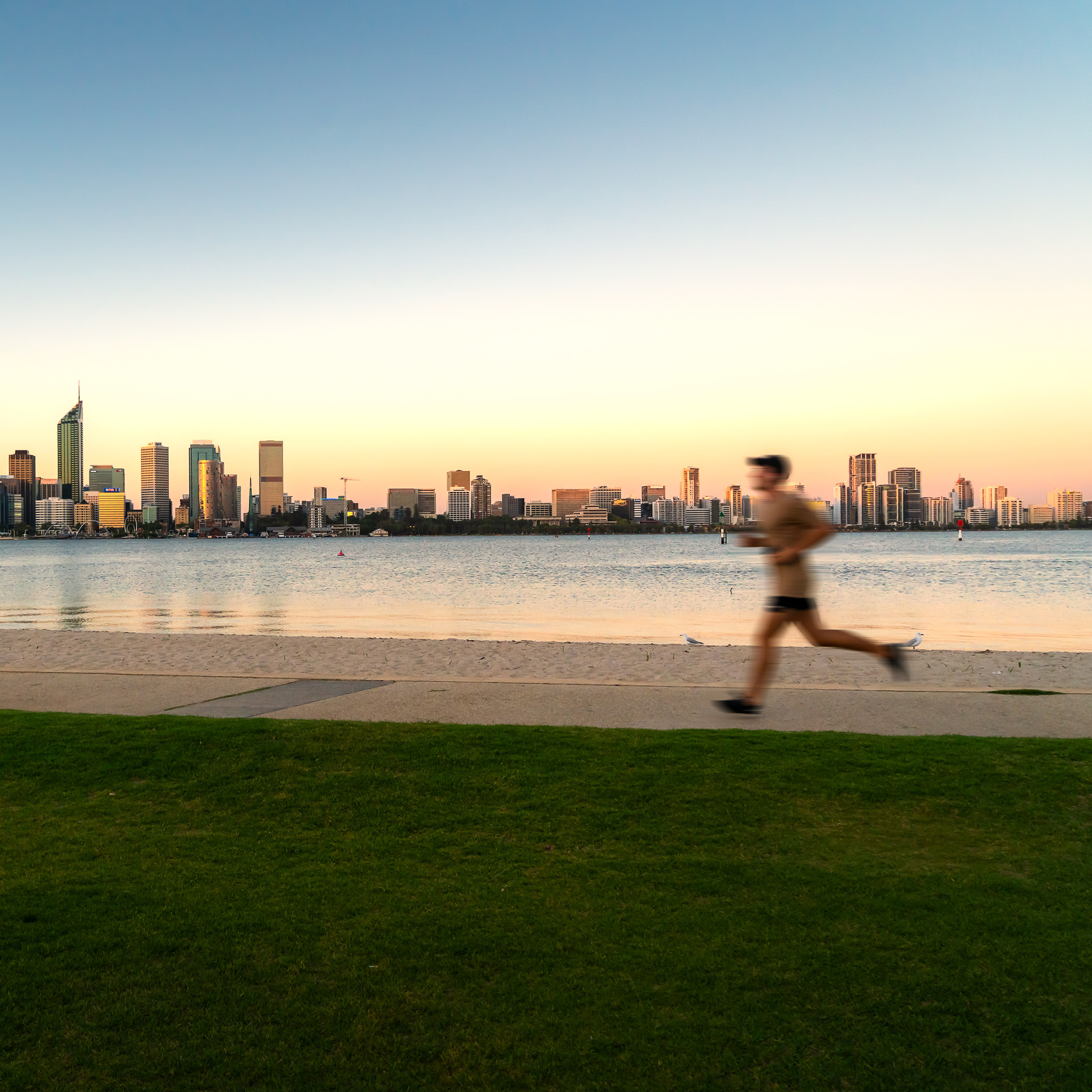
Connecting in Strange Times: The Antidote to Loneliness
The coronavirus pandemic and resulting social isolation have quickly turned a hyper-connected world into one that feels lonely and detached. Strong evidence already shows loneliness has a toxic effect on our health and happiness. How will quarantine impact our mental and physical health? Can it perhaps lead to more empathy and awareness of isolation? This panel will discuss how changes in society have accelerated social isolation and loneliness (hint: it’s not just technology) and, in light of wide-scale shelter-in-place orders, examine strategies that promote meaningful connections during an uncertain time. While IRL interaction can’t be replaced, how can we use this unprecedented moment to better understand new ways to reach out, and better understand how more connection improves our collective health?
This panel was originally scheduled to take place at SXSW2020 as “Connecting IRL: The Antidote to Loneliness.” SXSW was canceled because of public health concerns related to the COVID-19 crisis, so we hosted the discussion online on May 14. We hope you were able to join us, but if not, you can watch the panel below:
Panelists included:

Erin Peavey
Erin Peavey is an architect and design researcher at HKS where she helps lead the integration of research and practice to advance the creation and communication of knowledge across the firm with a focus on design for health and wellbeing. Before joining HKS, she was a research consultant with The Center for Health Design and adjunct faculty at New York School of Interior Design and The Pratt Institute. She is a trustee for the Academy of Architecture for Health Foundation, and her research has been published in international scientific journals and industry publications. Erin has been named a Rising Star by Healthcare Design Magazine and Healthcare Design’s Best Under 40 by the AIA’s Academy of Architecture for Health. Her recent publication on the role of the built environment in addressing loneliness and social health has been featured nationally.
Julianne Holt-Lunstad
Julianne Holt-Lunstad is a Professor of Psychology and Neuroscience, and the Director of the Social Neuroscience lab, at Brigham Young University. Professor Holt-Lunstad is also an Adjunct Professor in the Iverson Health Innovation Research Institute at Swinburne University of Technology In Melbourne Australia.
Dr. Holt-Lunstad’s research is focused on the long-term health effects of social connection. Her work has been seminal in the recognition of social isolation and loneliness as risk factors for early mortality. She has worked with government organizations aimed at addressing this issue. She has provided expert testimony in a US Congressional Hearing, expert recommendations for the US Surgeon General Emotional Well-Being in America Initiative, and served as a member of the technical working group for the UK Cross Departmental Loneliness Team. She also serves as a scientific advisor for the Australian Coalition to End Loneliness, the Foundation for Art & Healing, and research advisory panel for AARP Services, Inc. and United Healthcare. She has been awarded the Citation Award for Excellence in Research by the Society of Behavioral Medicine, the George A. Miller Award from the American Psychological Association, Karl G. Maeser Award, Mary Lou Fulton Young Scholar Award, Marjorie Pay Hinkley Endowed Chair Research Award, and is a Fellow for the Association of Psychological Science. Her work has been highlighted in the BBC 100 Breakthrough Health Discoveries in 2015, and has been covered in the New York Times, The Washington Post, Time Magazine, Scientific American, This American Life, The Today Show, and other major media outlets.
Originally from St. Paul Minnesota, she has lived in California, New Mexico, and the Netherlands. She currently lives in Salt Lake City, UT where she loves to ski.
Dr. Jeremy Nobel
Dr. Jeremy Nobel is a recognized leader in the field of medical humanities, an interdisciplinary endeavor that draws on a diverse range of fields, including the creative arts, to inform medical education and practice. He is the founder and president of the Foundation for Art and Healing whose signature initiative, the UnLonely Project, addressing the personal and public health challenges of loneliness and social isolation. The UnLonely Project has gained national visibility, including being features on the Today Show, The New York Times and Psychology Today. His work is dedicated to exploring the important relationship between creative expression and health and well-being, bringing those benefits to individuals and communities through innovative programs and an active research agenda.
Patrick Sisson
A Chicago expat living in Los Angeles, Patrick Sisson writes about urbanism, cities, transportation, and architecture, examining how these forces shape culture and urban life. He writes a weekly column called Property Lines that spotlights community development, real estate trends, and hot housing markets across the country. His writing, which also covers arts, music, and technology, has previously appeared on The Verge, Racked, Pitchfork, Dwell, and Wax Poetics. He’s previously written a book about the history of design and designers in Chicago, This is Chicago, published in 2015.


